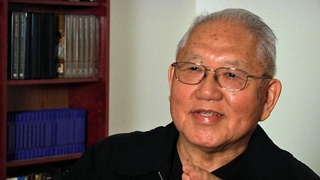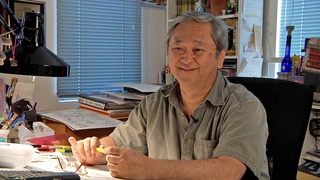Interviews
Growing up in a Japanese American family
My family was, we’re all Japanese American. So basically, my mother and father raised us in a Japanese belief. In other words, we were raised as Japanese. We take off our shoes when we go into the house. We don’t put our feet on the pillow. We don’t clip our nails at night—those kinds of superstitions and beliefs [were] kind of strongly kept while we were living in Hawaii. Of course, as the generations go, the beliefs slowly start to fade. But I think being fourth generation, I think I still have a lot still left in me. So adjustment to Japan wasn’t that bad.
Date: October 14, 2003
Location: Saitama, Japan
Interviewer: Art Nomura
Contributed by: Art Nomura, Finding Home.
Explore More Videos

Interest in Japan stemmed from his mother and grandmother’s stories
(b. 1981) Enka Singer


Dreamed of becoming an Enka singer
(b. 1981) Enka Singer

His clothes are part of his identity
(b. 1981) Enka Singer

Hopes everyone pursues their dreams regardless of race or heritage
(b. 1981) Enka Singer

Considers Pittsburg his home, but always wanted to live in Japan
(b. 1981) Enka Singer


The first concert in the United States (Japanese)
(b. 1981) Enka Singer

On Getting the Call from J. Anthony Kline
(b. 1942) The first Asian American woman judge






